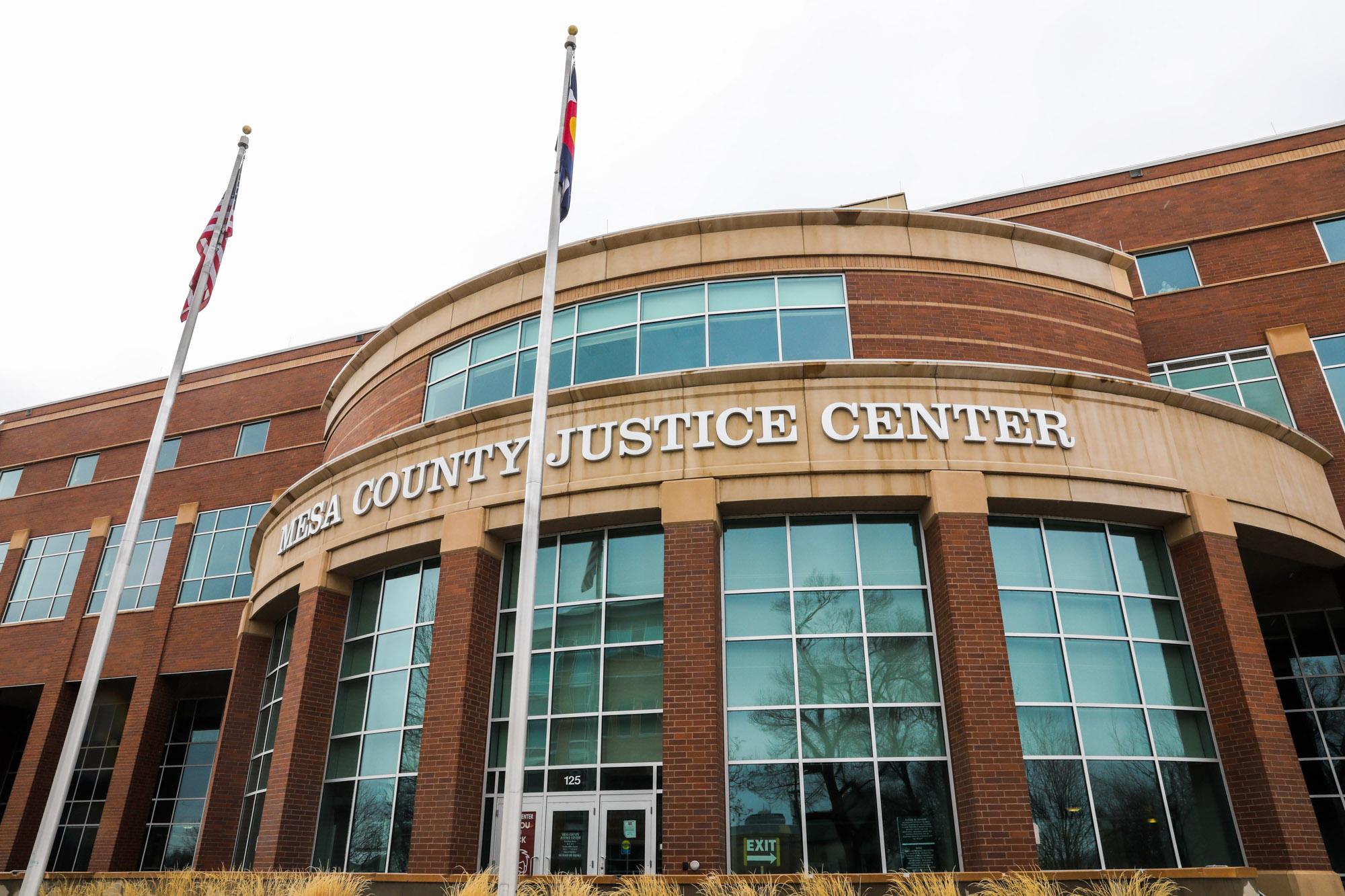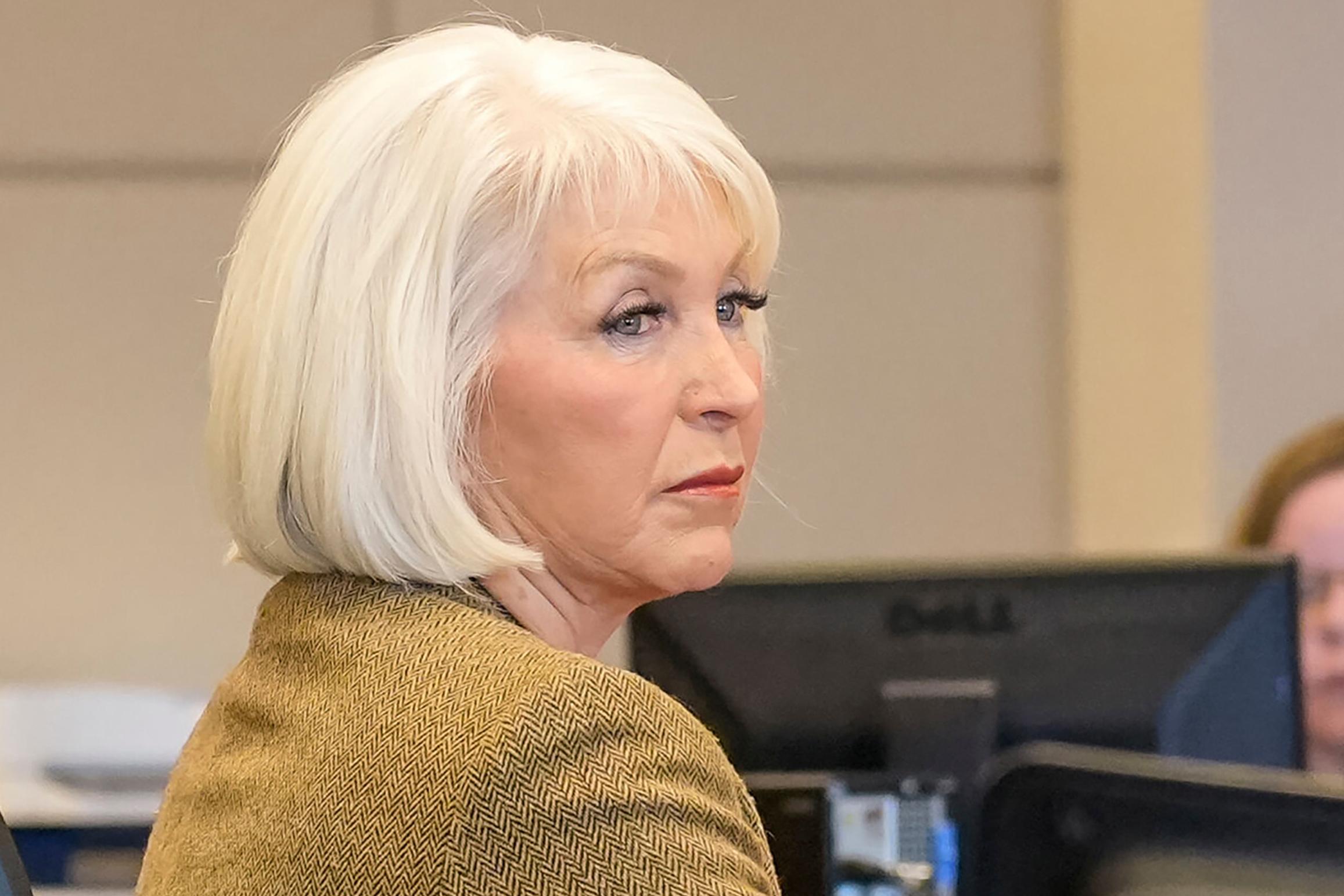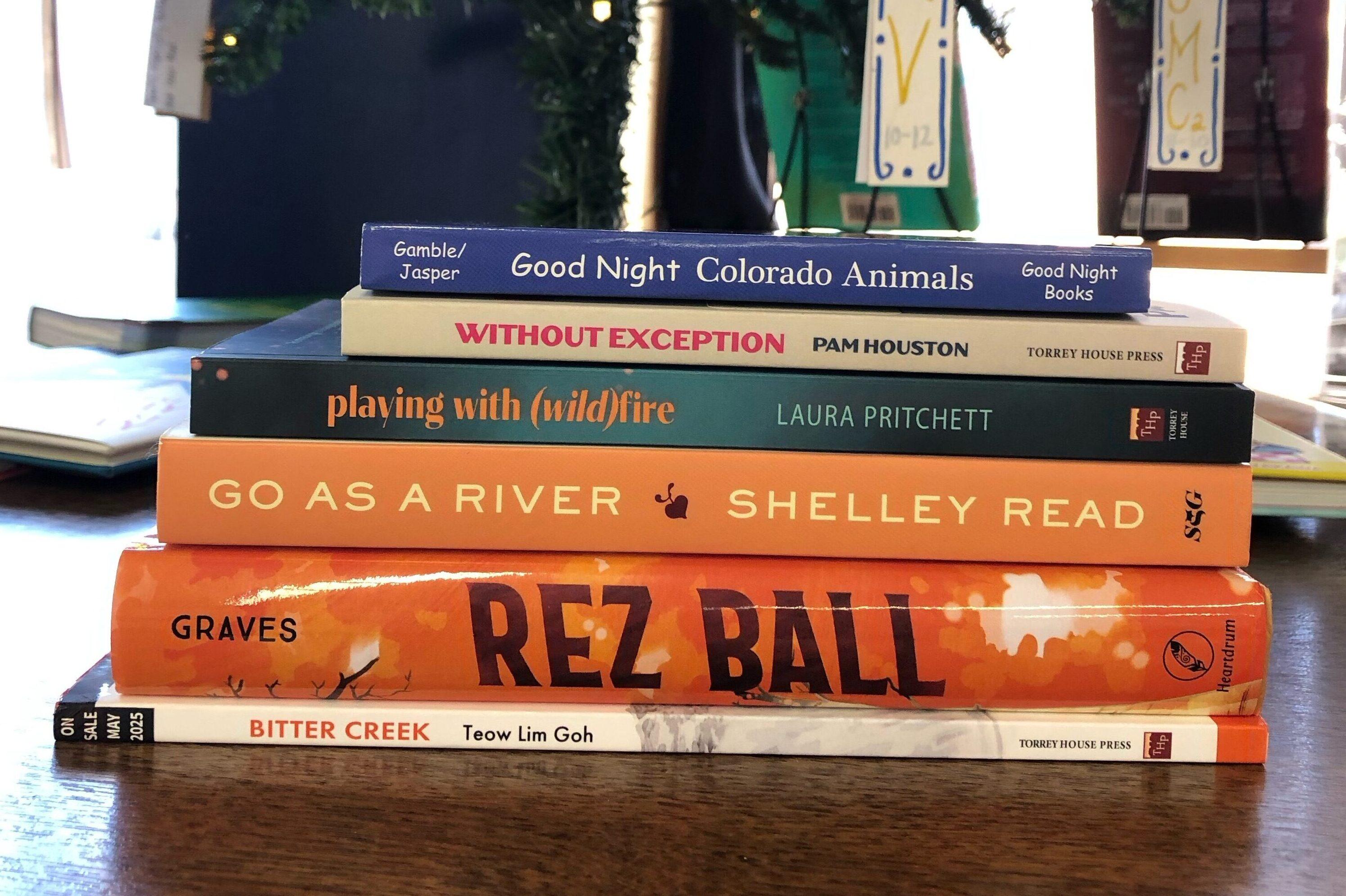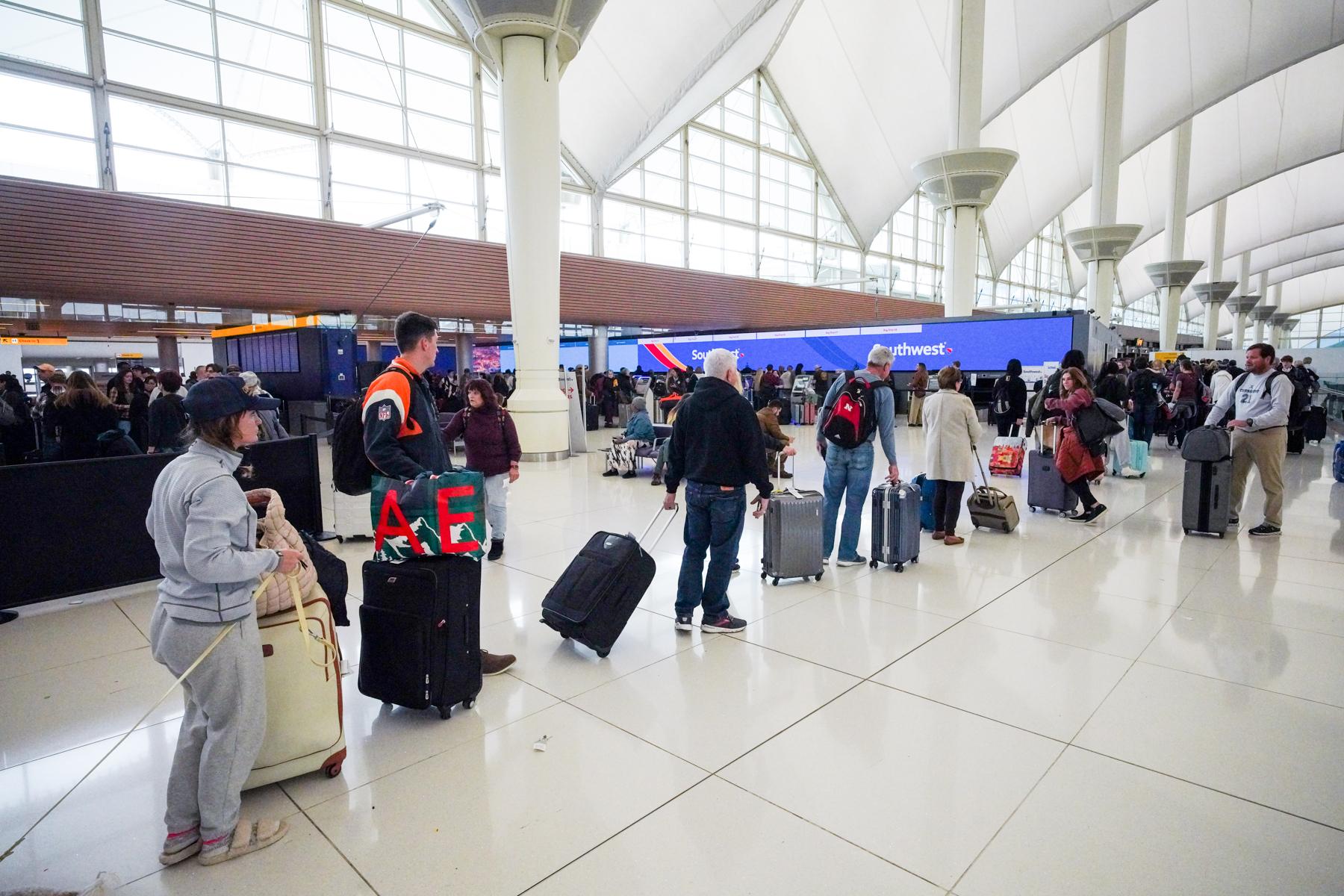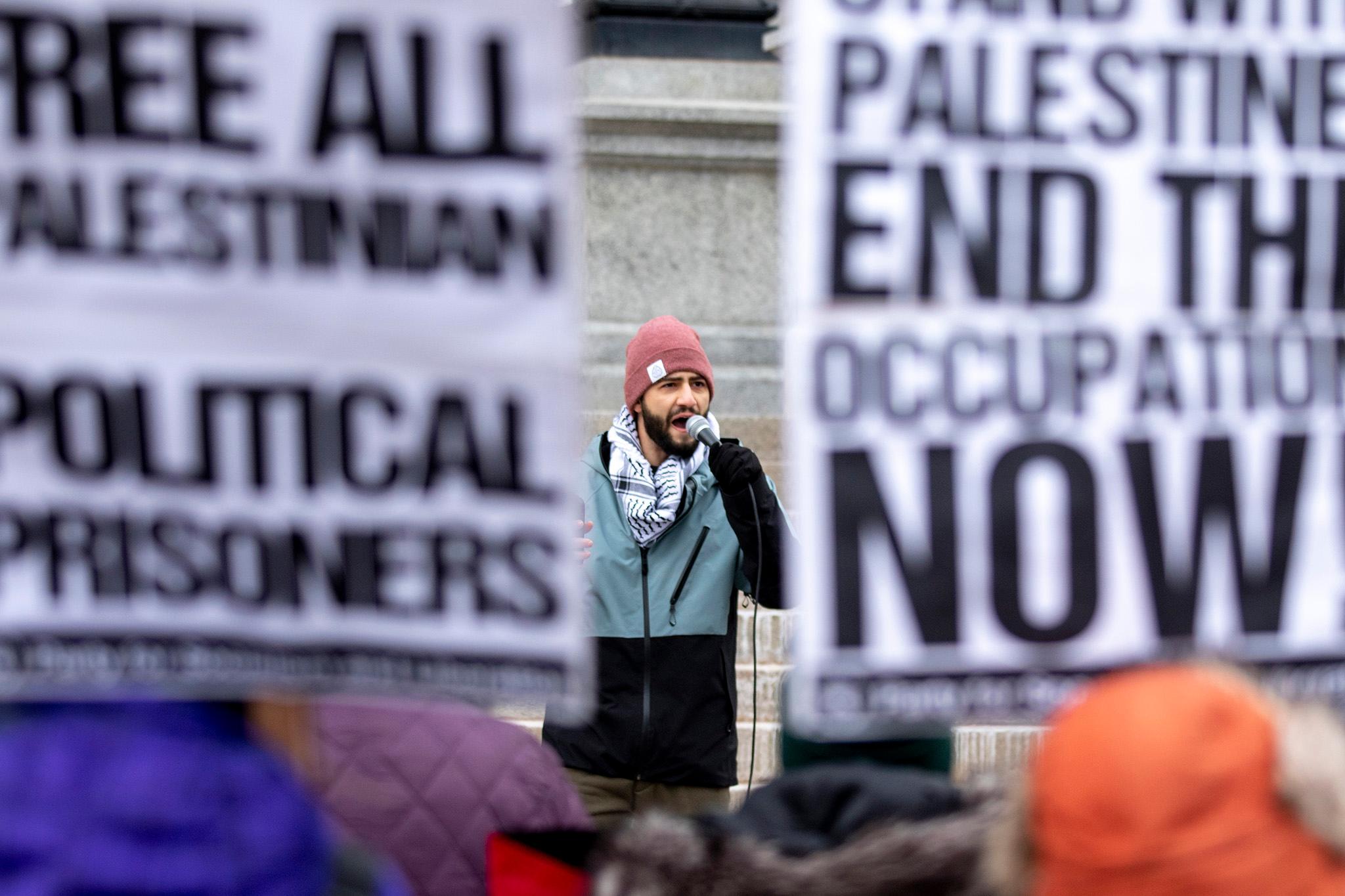
Many Jewish and Palestinian community members in Colorado are watching the ceasefire in Gaza with a mix of relief, grief, and cautious hope. For some, it offers a moment to breathe. For others, it raises difficult questions about justice, loss, and what comes next.
After two years of war, world leaders, including President Donald Trump, signed a Gaza cease-fire agreement on Friday, October 10, during a summit in Egypt. The deal included the release of 20 surviving Israeli hostages and nearly 2,000 Palestinian detainees and prisoners.
Since the deal took effect, humanitarian aid has begun entering Gaza. However, Israel has threatened to restrict supplies after Hamas failed to return the remains of all 28 deceased hostages by the Monday deadline outlined in the agreement. Hamas claims it cannot access some of the remains due to damage caused by the war and would require special equipment.
The scale of destruction in Gaza is catastrophic. An estimated 90 percent of buildings have been damaged or destroyed since the conflict began. The United Nations now estimates rebuilding the territory could cost as much as $70 billion.
We spoke with local voices to understand how they’re processing the news, what it means for their identities and communities, and whether this fragile pause could mark the beginning of something more lasting.
Rachel Amaru is a founder of the Boulder-based group Run For Their Lives. The group was targeted by a firebombing attack in June when they met for their weekly walk. The demonstration was meant to raise awareness about hostages captured after the Oct. 7 attacks in 2023.
"I am tremendously relieved that all the living hostages have been released, and I only wish continued healing for them and their families. The fact Hamas is not returning all the dead to Israel weighs heavily. The people of Israel — and all of us in the Diaspora Jewish community — will only fully heal once every remaining hostage has been returned home for the sacred burials they deserve… When our group was violently attacked on June 1, hostages’ families actually reached out to us, which gave us enormous comfort. We hope that the families of the hostages sometimes saw videos of our walks and knew that people halfway around the world had not forgotten what happened to their families on October 7, in spite of the terrible antisemitism they may have seen in other social media. We will continue to advocate for the return of all the hostages and send messages of love and support to the families who have been waiting so long to be reunited. May they all be home soon.”
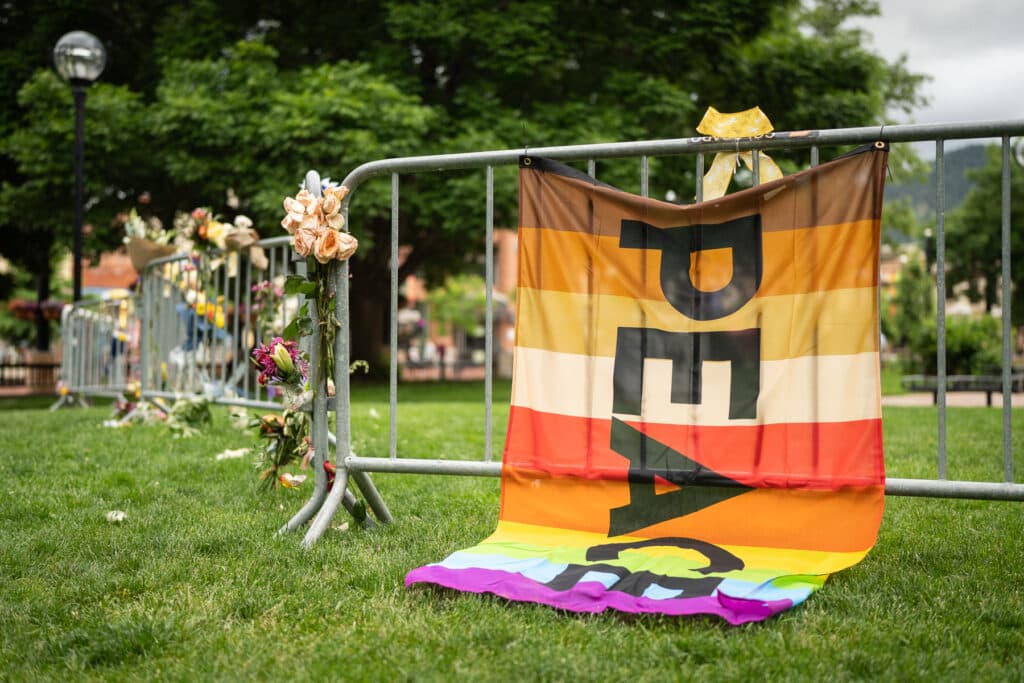
Dr. Mohamed Kuziez, a Colorado-based pediatrician, recounted his experience volunteering on a 20-day medical mission in northern Gaza in January 2024 with the organization Rahma Worldwide.
“One of my favorite quotes is from James Baldwin: “The children are always ours, every single one of them, all over the globe. And I'm beginning to suspect that whoever's incapable of recognizing this may be incapable of morality.”
I take it as guidance for how I live my life, whether that's here trying to protect immigrant children on the first day of school… or going to Gaza for the work I do. I ask the people of Colorado to let yourself be guided by the decisions of ‘What kind of world do you want to leave for your children? What kind of world do you want to leave for future generations?’ A world that has so much hate, that has so much pain. That's not the world that I want for myself, and it's certainly not the world I want for my kids. I've taken care of Israeli children; I’ve taken care of Palestinian children… white, Black, Hispanic, Latino, Asian. And I will tell you, all of them laugh the same. All of them play the same. All of them cry the same. It doesn't matter.”
Brandon Rattiner is the senior director of the Jewish Community Relations Council and the public affairs arm of the Colorado Jewish community.
“When I first heard about the deal last week, I was cautiously optimistic. It's really hard to predict how this unfolds in the midst… I can't even imagine what those 20 living hosts have endured, what their families have endured. Their captivity has been a collective trauma for Israel and Jews around the world… Any hostage being gone was something that the entire Jewish community felt acutely. Not to mention (we have) connections here in Colorado. When we are watching the video from Israel this morning, we recognize people and families, friends. So it was just a deeply personal horror that a lot of us were experiencing.”
Reema Wahdan is a member of the Colorado Palestinian community and an activist.
“As a community member, we have been standing strong. Really cautiously optimistic is the main sentiment from our community. We are 100% relieved that the genocide will be brought to a swift end. The permanent ceasefire is the bare minimum demand that we have had for the last two years because it's reprehensible that our U.S. government has been funding and fueling this genocide with our tax dollars for such a long time… So, as a part of the community, we are steadfast in hoping that this ceasefire really does come to true fruition, humanitarian aid is brought into the region, and that the children honestly are allowed to live a normal life with basic resources such as food, shelter, protection, and education. All those basic facets that we take for granted here in the United States, they've been deprived of for the last two years.”
Jonathan Lev is the executive director of the Boulder Jewish Community Center.
"Everyone I talk to in our community is feeling all of those different mixed emotions. There's also a piece of collective trauma in Boulder because there's the connection to the June 1st attack. So, even the release of hostages connects us to the tragedy and the loss of life and the victims in our community that were severely injured in an effort to try to bring light to those hostages. There's this piece of joy and pain that is constantly flowing for everyone here."
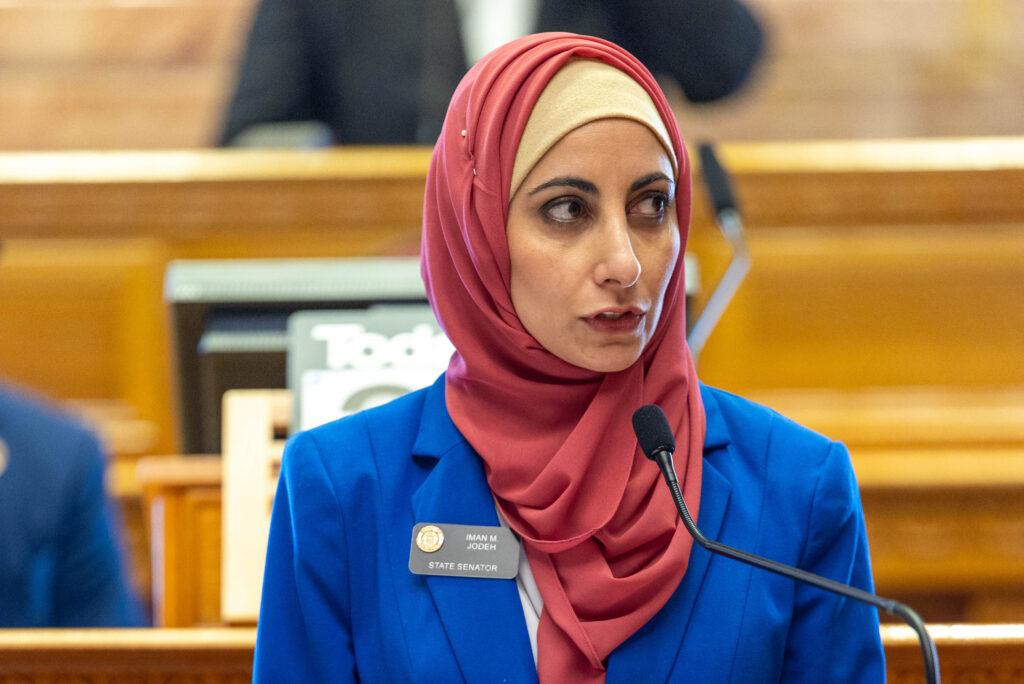
State Sen. Iman Jodeh of Aurora, a Palestinian American and Colorado’s first Muslim state lawmaker, has been outspoken in advocating for humanitarian relief in Gaza. He’s called attention to the toll the conflict has taken.
“[As a state lawmaker], my policymaking is absolutely focused on the state of Colorado. That said, what informs my policymaking for all Coloradans is the protection of their basic human rights. And there's a common misconception that human rights are often attributed to international affairs, foreign policy. To me, housing and healthcare and criminal justice reform and climate change. Those are all basic human rights. And so, as the only Palestinian elected in the legislature, I do feel like I have a unique responsibility more than my colleagues to speak up for people who share my heritage because they need a platform and a reach that I have that they're pleading for in Gaza… There is actually a common thread of cautious optimism, and I think that cautious optimism is saying it lightly. I don't think it captures the gravity of what we mean when we say that. There's a huge relief: hostages are back with their families, the deceased have been returned, and 2000 Palestinian prisoners dead and alive are also being returned. It is, however, imperative that we remember that while the people of Gaza are feeling a little bit of pressure lifted, the people in the West Bank are seeing much more pressure put on them, and so we cannot allow the world to simply turn their cheek and only focus on Gaza when many of those same violations of international law are still happening in the West Bank… We cannot continue to pretend, like in my case, to call ourselves Democrats when it's convenient.”
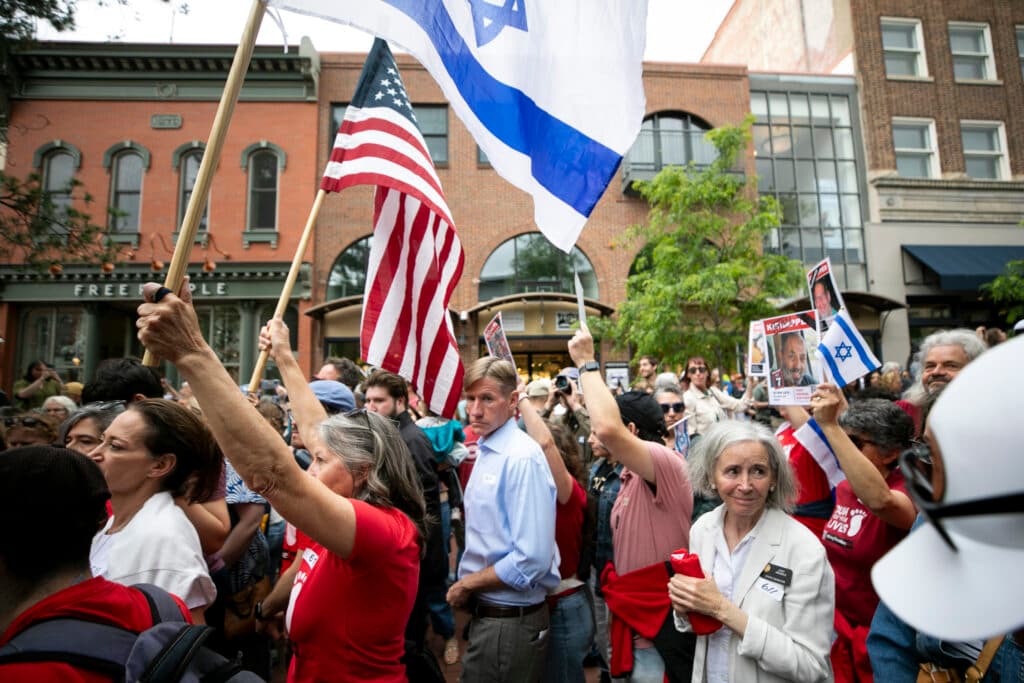
Stefanie Clarke is the co-founder of Stop Antisemitism Colorado, a group founded shortly after the war in Gaza began.
“I think just what happened in Boulder reminds us that this conflict isn't just happening 5,000 miles away. There are real consequences, and there's a real impact here at home. And so I'm just trying to hold space for hope while also feeling and acknowledging the trauma that so many of us are still carrying in Israel, in Gaza, and right here at home.’
Both the Palestinian and Jewish communities across Colorado are organizing events in response to the cease-fire deal.
JEWISHcolorado and Temple Emanuel are partnering to host a community gathering for the returning hostages on Saturday, Oct. 19, at 6:30 p.m.
On Saturday, Oct. 25, a solidarity bike ride for Palestinians will be taking place in Scott Carpenter Park in Boulder. Riders will meet at 10 a.m. and have the option of cycling a 7.5-mile or 22-mile route.

